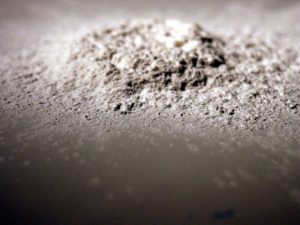In criminal cases, scientific evidence is given a significant amount of weight, whether that is DNA evidence or proof of that a certain substance is in fact illegal. However, as we’ve seen in a number of instances across the country in recent years, that evidence is not infallible. One of the most infamous cases of this was that of a chemist in Massachusetts, who reportedly admitted to manipulating drug test results in order to give prosecutors a leg up. She is believed to have been involved in more than 20,000 drug cases in the course of her 8.5 years working with the state crime lab (from which she was later fired).
Now, the question is what to do about all those potentially tainted convictions, many of which were secured using the test results of that chemist. Recently, more than 4.5 years after the chemist confessed, the Massachusetts Supreme Judicial Court has called on prosecutors to reverse potentially thousands of those.
Perhaps unsurprisingly, prosecutors have been reluctant throughout this process to reverse convictions where the chemist’s work played a role. In one instance, prosecutors argued they didn’t have any obligation to let those convicted know of their possible innocence in the court’s eyes. Incredibly, one prosecutor even opined that many of the defendants were probably too poor or else too tied up with issues that were more pressing, such as addiction or mental illness, to have any real desire to address these cases. But the state’s highest court isn’t buying that. Continue reading
 Fort Lauderdale Criminal Attorney Blog
Fort Lauderdale Criminal Attorney Blog


